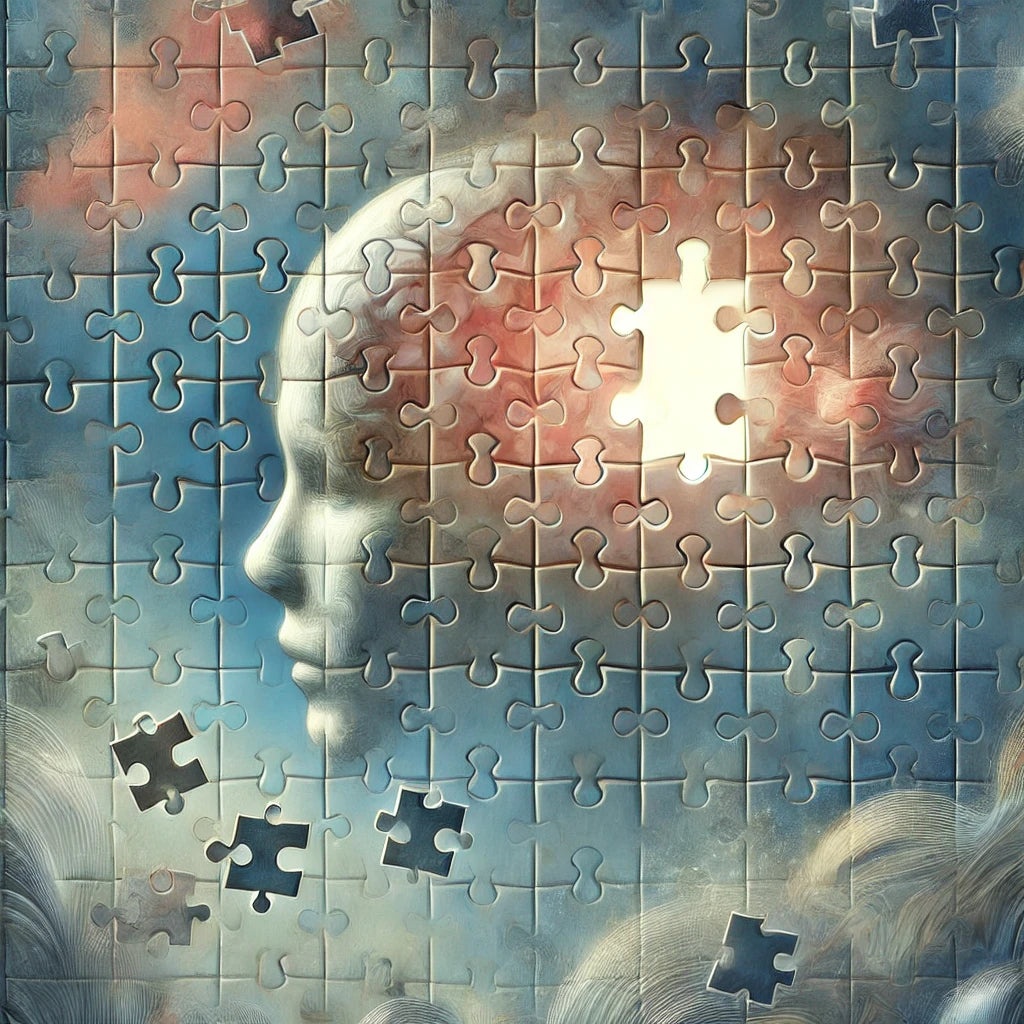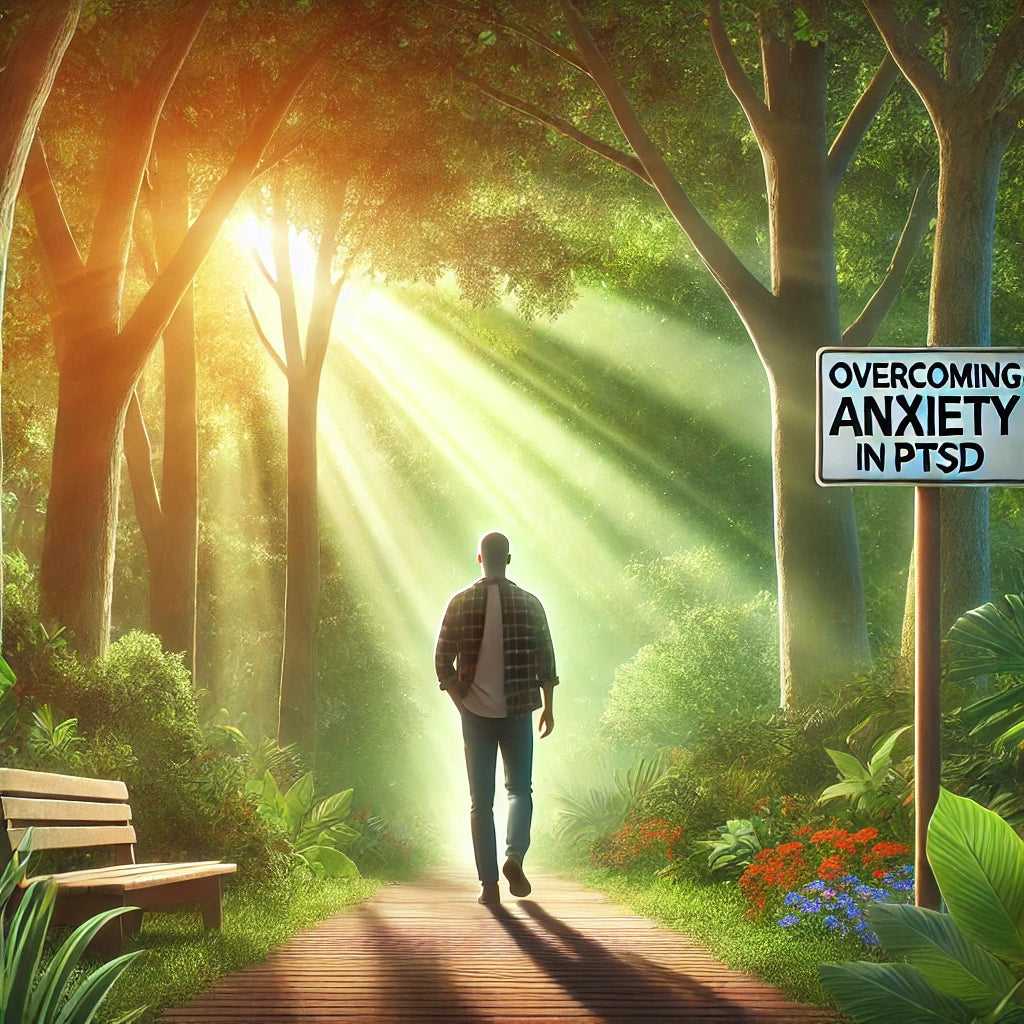News — emotional healing
The Mind-Body Connection in Trauma Recovery: Healing from Within
body-based therapies breathwork EMDR therapy emotional healing healing from trauma holistic trauma healing mind-body connection mind-body wellness. mindfulness for trauma nervous system regulation neuroplasticity PTSD recovery self-compassion somatic experiencing somatic healing trauma and body trauma and nervous system trauma recovery trauma release trauma-informed yoga
Trauma leaves an undeniable imprint, not just on the mind but also on the body. The journey to healing often requires addressing both aspects to restore balance. The mind-body connection plays a pivotal role in trauma recovery by facilitating emotional release, regulating the nervous system, and restoring a sense of safety. Understanding how trauma manifests physically and mentally empowers individuals to heal from within.
Modern research highlights that trauma can get "trapped" in the body, leading to chronic pain, tension, and emotional dysregulation. By leveraging somatic therapies, mindfulness, and other body-based approaches, survivors can reestablish a profound connection between their mind and body, promoting deep healing.
The Grief Journey: Understanding the Stages of Loss and Healing
acceptance bereavement complicated grief coping with loss emotional healing grief grief counseling grief support grieving process healing process loss memorials mourning stages of grief therapy for grief
Grief is a universal experience, yet it affects each person in unique and deeply personal ways. Whether it’s the loss of a loved one, the end of a relationship, or a major life transition, grief can be overwhelming. Understanding the stages of grief and the healing process can help individuals navigate their emotions and find ways to move forward.
While the five stages of grief—denial, anger, bargaining, depression, and acceptance—offer a framework for understanding loss, grief is not a linear process. Each person moves through these stages at their own pace, sometimes revisiting certain emotions along the way. This article explores the grief journey, its emotional impact, and healthy coping strategies to support healing.
The Mind's Defense Mechanism: Dissociative Amnesia and Trauma
amnesia treatment cognitive therapy coping with trauma defense mechanisms dissociation dissociative amnesia emotional healing memory loss mental health psychological resilience PTSD stress and memory trauma and memory trauma impacts trauma-focused therapy
The human mind possesses remarkable ways of protecting itself from distress, and dissociative amnesia is one such defense mechanism. When faced with severe trauma, the brain can temporarily shield an individual from overwhelming memories by making them inaccessible. Dissociative amnesia is a condition where a person loses memory of specific events, typically traumatic or stressful, as a way to cope with the emotional toll.
This condition is not merely about forgetting but represents a profound, unconscious effort to block out painful experiences. While it serves as a protective barrier in the short term, dissociative amnesia can lead to long-term challenges, including fragmented memories and emotional distress. Understanding this mechanism sheds light on how trauma impacts the mind and offers pathways to healing and recovery.
Overcoming Anxiety in PTSD: Effective Coping Strategies
anxiety help Anxiety Relief CBT coping strategies for PTSD emotional healing journaling managing PTSD mental health mental wellness mindfulness overcoming PTSD PTSD anxiety PTSD support PTSD symptoms PTSD therapy PTSD treatment PTSD triggers self-care tips stress relief trauma recovery
Post-Traumatic Stress Disorder (PTSD) can feel like a heavy burden, with anxiety being one of its most overwhelming symptoms. It affects millions worldwide, shaping how they navigate daily life. However, the good news is that it is possible to manage and even overcome anxiety linked to PTSD through effective coping strategies.
This guide is designed to offer actionable insights into managing anxiety, whether you're someone living with PTSD or supporting a loved one. From mindfulness practices to professional therapies, you'll find a comprehensive range of tools to help you regain control and nurture your mental health.
Paint Your Way to Wellness: Exploring the Benefits of Art Therapy
Anxiety Relief art healing art therapy art therapy benefits cognitive health creative therapy emotional healing holistic therapy mental health mindfulness painting therapy personal growth relaxation techniques self-awareness self-discovery self-expression stress relief therapeutic art trauma recovery wellness
Art therapy is an emerging field that combines the healing power of creative expression with therapeutic techniques to enhance mental, emotional, and even physical well-being. By encouraging individuals to express themselves through painting, drawing, sculpting, and other artistic mediums, art therapy provides a unique outlet for exploring emotions, relieving stress, and fostering self-discovery. As we dive into the benefits of art therapy, we’ll explore how the process of creating art can bring transformative change, from reducing anxiety to improving cognitive function.
Whether you’re dealing with stress, recovering from trauma, or simply looking to reconnect with your inner self, art therapy offers a judgment-free space to tap into creativity. Far from being limited to professional artists, art therapy is accessible to everyone and can be particularly powerful for those who find it challenging to express emotions through words. Read on to discover the various ways that art therapy can serve as a powerful tool on the path to wellness.





